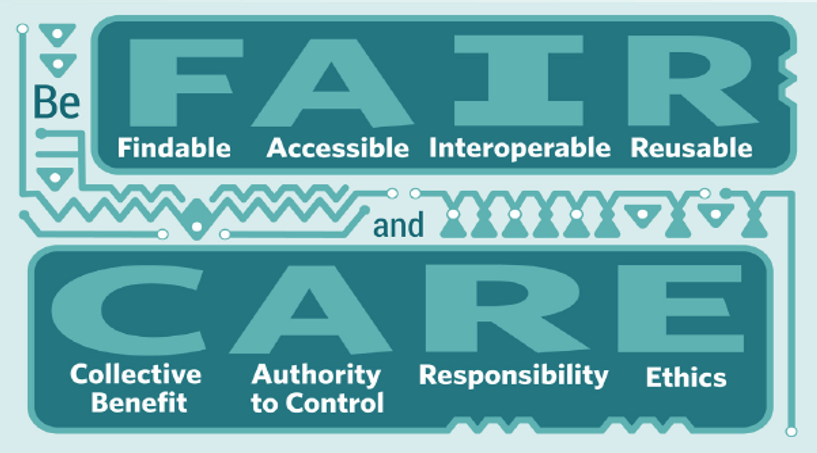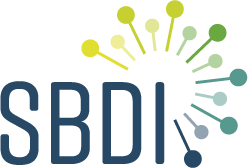Be FAIR and CARE
For over two decades, GBIF has been dedicated to providing unrestricted access to biodiversity data, with the vision of enabling research, informing policy, and supporting decision-making processes. As an international network and data infrastructure, GBIF promotes open science and open data practices. It adheres to community-developed data standards, employs open licenses, and implements a state-of-the-art system for data citation and attribution.
The biodiversity data resources made available through GBIF are closely aligned with the FAIR Guiding Principles for scientific data management and stewardship. These principles emphasize that data should be Findable, Accessible, Interoperable, and Reusable, as outlined by Wilkinson et al. in 2016. GBIF upholds these principles to ensure that the data it provides can be easily located, accessed, shared, and utilized by the scientific community.
The CARE principles for Indigenous Data Governance (Carroll et al., 2020) have been introduced as a valuable addition to the FAIR principles. These principles, which encompass Collective benefit, Authority to control, Responsibility, and Ethics, aim to work alongside the FAIR principles. They were developed through a collaborative workshop involving the Research Data Alliance (RDA). The goal is for data stewards and other users of Indigenous data to adopt both the CARE and FAIR principles in tandem. This approach ensures that FAIR data practices align with and uphold Indigenous data sovereignty.

Read more about FAIR and CARE principles at:
- Go-FAIR
- FAIR sharing: standards, databases, policies
- Global Indigenous Data Alliance (GIDA)




